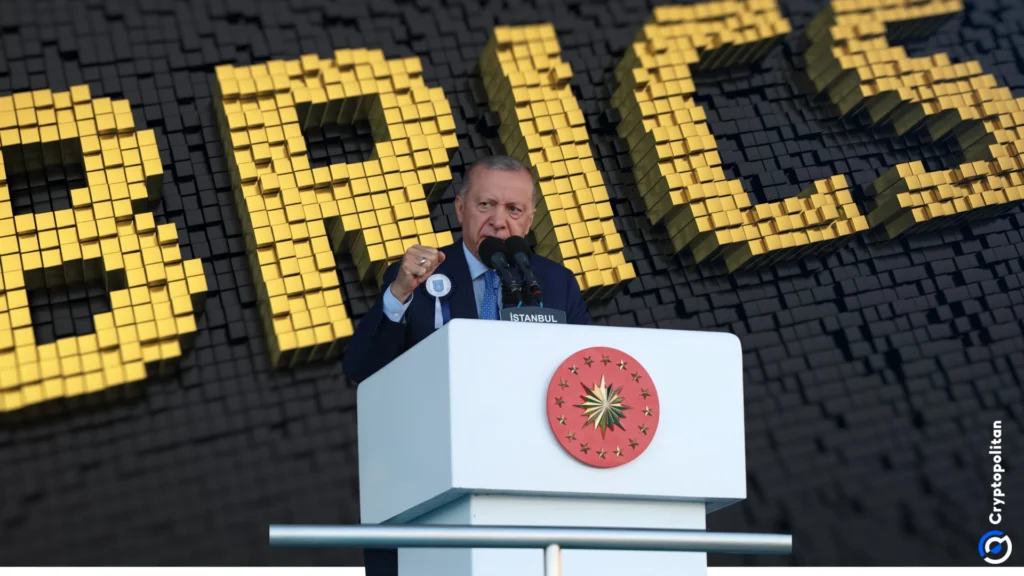NATO Responds to Türkiye’s BRICS Ambition, Assures Alliance Strength
Türkiye has stirred the pot with its desire to join BRICS, the economic bloc often associated with Russia. This ambition, though controversial, doesn’t threaten its position in NATO, according to NATO Secretary General Mark Rutte. Speaking in Estonia, Rutte made it clear that Türkiye’s cooperation with BRICS does not contradict its role within NATO.
A Strong NATO Ally with BRICS Ambitions
Mark Rutte emphasized that Türkiye remains one of the strongest military powers in NATO. It plays a vital role within the alliance’s geography and commands respect for its capabilities. Yet, Ankara’s intent to deepen its relationship with BRICS raises eyebrows, particularly given the bloc’s connection with Russia, a country often at odds with NATO.
While Rutte acknowledged that Türkiye’s move might spark debate within NATO, he insisted that cooperation with BRICS doesn’t undermine Türkiye’s status. He emphasized that NATO is popular in Türkiye, and Türkiye, likewise, is popular within the alliance. There’s no immediate danger to that relationship, at least according to Rutte.

Debate in Brussels, Not in Ankara
But not everyone shares NATO’s relaxed view. Türkiye’s bid to join BRICS has caused concern in Brussels. EU officials have voiced unease, citing Türkiye’s long-standing candidacy for EU membership. Brussels worries that leaning into BRICS could signal Ankara drifting from Western ideals and policies.
Peter Stano, an EU spokesperson, highlighted that while Türkiye has the sovereign right to choose its affiliations, its commitment to European values remains paramount. However, frustration over the stalled EU accession process has pushed Ankara to explore new economic partnerships, and BRICS, with its rising global influence, is an attractive option.
BRICS: A Way Forward or a Conflict of Interest?
Despite the concerns, Türkiye’s relationship with BRICS is not meant to replace its NATO or EU ties. Turkish officials have stressed that BRICS represents another economic platform rather than an alternative to NATO. The allure of economic growth and diversification through BRICS is hard for Ankara to ignore, especially given its geographical and political position as a bridge between East and West.
Turkish President Recep Tayyip Erdogan’s recent presence at the BRICS summit in Kazan underscores Türkiye’s determination to explore new avenues. In discussions with Russian President Vladimir Putin, Erdogan likely sees BRICS as a complementary venture to Türkiye’s NATO commitments, rather than a conflicting one.
A Balancing Act in Uncertain Times
In this evolving geopolitical landscape, Türkiye’s desire to join BRICS challenges traditional alliances. NATO, for now, remains unfazed, but the delicate balance Türkiye must maintain between East and West will only get trickier. The coming months will reveal whether this balancing act is sustainable or if Türkiye risks alienating one bloc over another.




